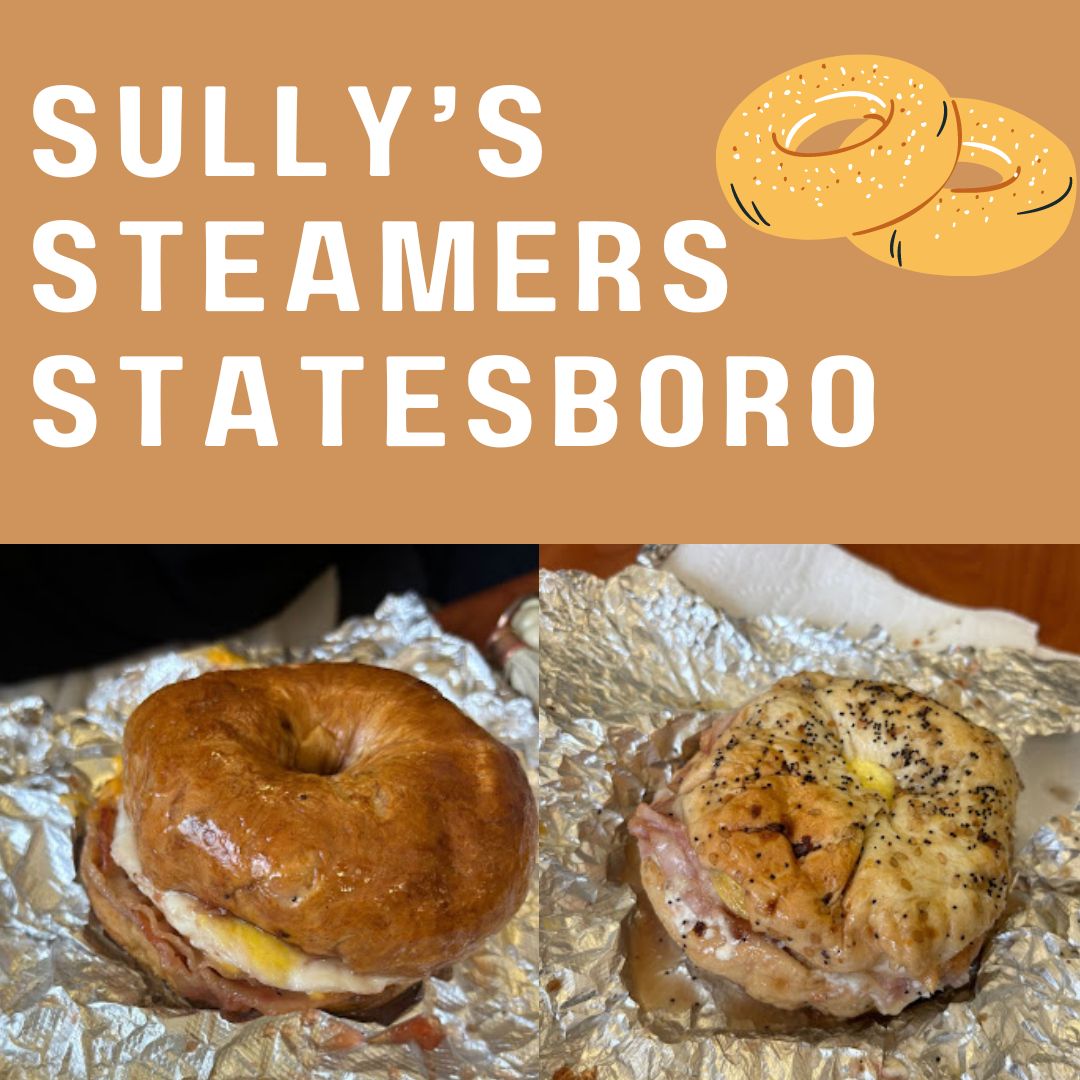‘Organic’ seems to be a food trend outlasting even ‘gluten-free’ and if I’m being completely honest, I’m totally on board. Anything stamped with an “organic” label and a $2 upcharge goes straight into my grocery cart with a metaphorical pat on the back.
I feel as if I’m doing my body a favor. There’s so much stigma around processed foods – with good reason – yet somehow even if I’m making spaghetti loaded with red meat and cheese, as long as there’s a little green label, then I’m convinced I just ate the equivalent of a grilled chicken salad.
I blame the Gwyneth Paltrow’s and Gisele Bundchen’s of the world. Noted for their extremely limited diets of no gluten, dairy or refined sugars – among other things – they provide this aura of pretension that we little people tend to mistake for authority. They are beautiful and glamorous and we want to be just like them.
Even though the majority of us aren’t willing to commit to such a drastic diet change, something simple like buying packs organic chicken or baskets of fresh produce from the farmer’s market is enough to make us feel like we’re doing our part.
Even if we choose to make those simple changes though, what are we really doing for our bodies?
What exactly is organic?
Organic Food CANNOT contain GMOs
In order for livestock or produce to be labeled “organic” there must be proof it was not produced using genetically modified organisms, or GMOs. This means that produce cannot be grown through GMO seeds and that the livestock being raised cannot eat GMO feed.
100% Organic is Just That
If something is labeled “100% Organic” is must be able demonstrates that:
1) it is made from certified organic products
2) all processing is organic
However, some products have the label “made with organic ingredients.” These products have to meet the same standards as above but only up to 70%.
It is Properly Regulated – but “Natural” Isn’t
Once upon the time, the regulations around organic food and labeling was pretty much a joke. However currently the USDA has really begun to crack down on regulations on what can be labeled “100% Organic” or “Made with Organic Ingredients.” The same, however, cannot be said for “natural foods.”
There is no definitive definition on what can be labeled “natural” according to the FDA. There are only three rules: cannot contain 1) added color 2) artificial flavoring or 3) synthetic substances. The rest is fair game. Literally anything can be labeled “natural” as long as it doesn’t contain one the three above restrictions.
Maybe there is something to be said for organic foods and labeling. However, no matter what the current food trends are or what fads the celebrities and athletes of the world are following, we should still pay attention to what is put in our bodies regardless. Eat what you want, just be aware of what exactly that is.















